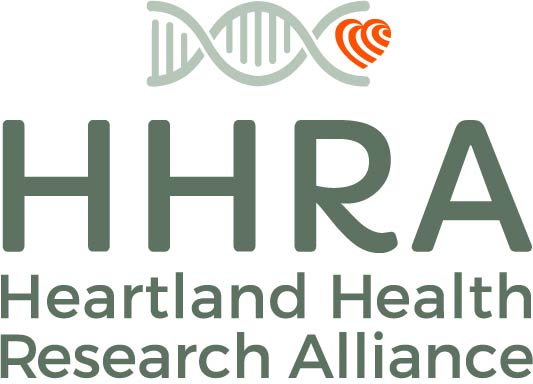Hernandez, A. F., Amparo Gomez, M., Perez, V., Garcia-Lario, J. V., Pena, G., Gil, F., Lopez, O., Rodrigo, L., Pino, G., & Pla, A.; “Influence of exposure to pesticides on serum components and enzyme activities of cytotoxicity among intensive agriculture farmers;” Environmental Research, 2006, 102(1), 70-76; DOI: 10.1016/j.envres.2006.03.002.
ABSTRACT:
Although the effects of acute pesticide poisoning are well known for the pesticides most currently used, hardly any data exist on health effects after long-term low-dose exposures. Major unresolved issues include the effect of moderate exposure in the absence of poisoning. The increased utilization of pesticides other than organophosphates makes it even more difficult to find associations. In this study a cohort of 106 intensive agriculture workers were assessed twice during the course of a spraying season for changes in serum biochemistry, namely enzymes reflecting cytotoxicity (AST, ALT, LDH, CK, and amino-oxidase) and other biochemical parameters, such as markers of nephrotoxicity (urea, creatinine) and lipid profile (cholesterol and triglycerides). Several criteria for estimating pesticide exposure were used, the most important one being serum cholinesterase depression greater than 25% from baseline to peak exposure. Our results revealed an association of pesticide exposure with changes in AST (increased activity), LDH, and amino-oxidase (decreased activity) as well as with changes in serum creatinine and phosphorus (lower and higher levels, respectively). These results provide support for a very slight impairment of the liver function, but overall these findings are consistent with no clinically significant hepatotoxicity. Intriguingly, paraoxonase-1 R allele was found to be an independent predictor of higher rates of AST and lower rates of amino-oxidase, so that it may play a supporting role as an individual marker of susceptibility on pesticide-induced health effects. In conclusion, different biomarkers might be used to detect early biochemical effects of pesticides before adverse clinical health effects occur. FULL TEXT
